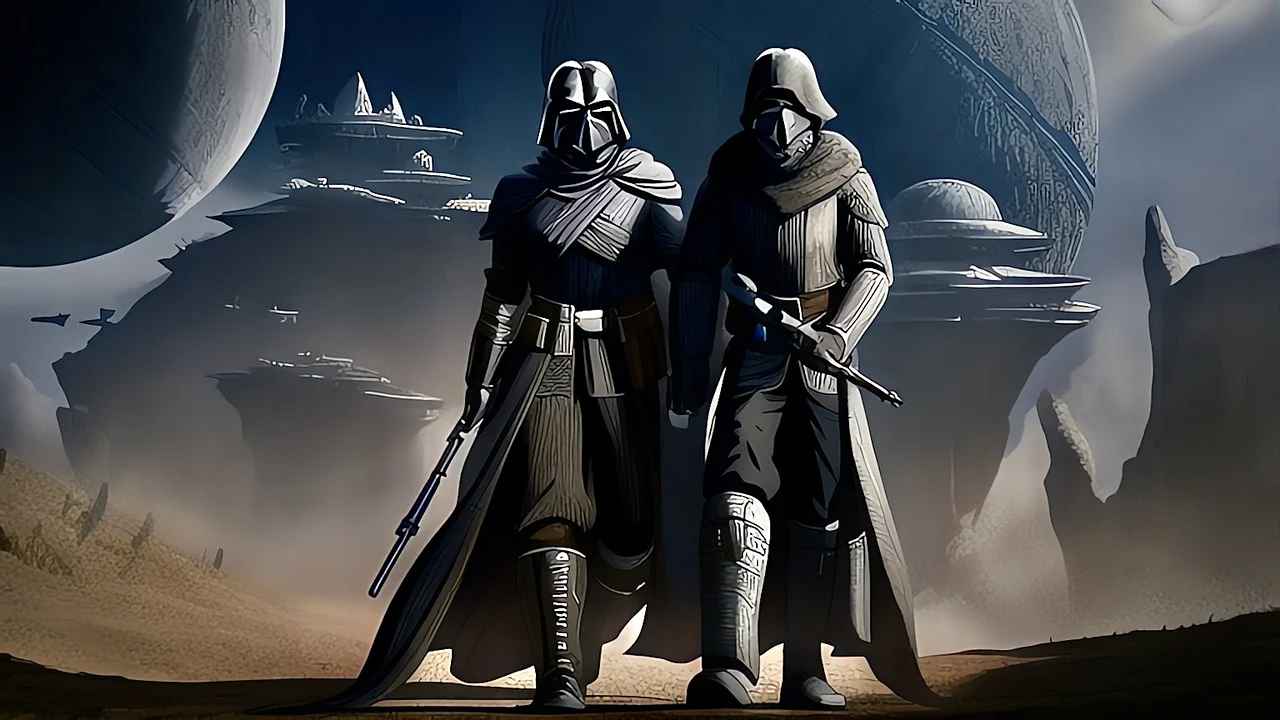Moscow/Washington: The first shot of the next big war between the world’s super powers will be fired in space, they say. The battle for supremacy seems to have taken world power far beyond the earth, in space.
On January 28, after Iran declared it had launched three satellites; Western countries were rattled as they saw the next apocalypse fearing it could be used in the Asian country’s ballistic-missile programme.
Russia’s invasion of Ukraine has also opened a new chapter in space war. But America’s biggest dread remains Russia, which appears to match if not surpass America’s primacy in space.
The murky arms war that has been raging between the US and Russia came out in the open at the UN. Russia’s vetoing of a U.S.-drafted United Nations Security Council resolution which called on countries to prevent an arms race in outer space triggered a war of words between two global powers.
The United States slammed Russia for vetoing a UN Security Council resolution on the Outer Space Treaty that put a legally-binding obligation that countries should not be putting weapons of mass destruction (WMD), including nuclear weapons, in orbit.
“As we have noted previously, the United States assesses that Russia is developing a new satellite carrying a nuclear device. We have heard President (Vladimir) Putin say publicly that Russia has no intention of deploying nuclear weapons in space. If that were the case, Russia would not have vetoed this resolution,” US National Security Advisor Jake Sullivan said in a statement, after Russia vetoed the resolution at the UN headquarters in New York.
“Today, Russia vetoed a UN Security Council resolution, proposed jointly by the United States and Japan, that would have reaffirmed the fundamental obligation of State Parties to the Outer Space Treaty not to place nuclear weapons in orbit around the Earth,” Sullivan said. The resolution also would have called on all member-states not to develop nuclear weapons specifically designed to be placed in orbit, he added.
“Placement by a State Party of a nuclear weapon in orbit would not only violate the Outer Space Treaty, but would threaten the vital communications, scientific, meteorological, agricultural, commercial and national security services that any and all satellites provide to societies around the globe,” Sullivan said.
Russia’s action made the United States to question if Moscow was hiding something. Washington’s allegation that Moscow is developing an anti-satellite nuclear weapon to put in space, a charge that Russia has denied, met with the US’s refrain.
The US’s ally Japan also joined the country in moving the UN resolution on Wednesday requesting all countries to prevent a dangerous nuclear arms race in outer space. Both countries termed it ‘a dirty spectacle’ that cherry-picks weapons of mass destruction from all other weapons that should also be banned.
The vote in the 15-member Security Council was 13 in favour of Russia though its key ally China abstained. The resolution was meant to dissuade all countries not to develop or deploy nuclear arms or other weapons of mass destruction in space as under a 1967 international treaty that included the US and Russia, which are supposed to stay away from indulging in arms race in outer space. Russian President Vladimir Putin has maintained that Moscow was against putting nuclear weapons in space.
US-Russia spat
The war of words between two global powers took an ugly turn. “It’s baffling and it’s a shame,” was the reply of US ambassador to the U.N. Linda Thomas-Greenfield after the vote.
US Ambassador to the United Nations Linda Thomas-Greenfield told members of the UN Security Council that by vetoing the resolution, Russia has abandoned its responsibility.
“Of course, this is not the first time Russia has undermined the global non-proliferation regime. Over the past few years, Russia has irresponsibly invoked dangerous nuclear rhetoric and walked away from several of its arms controo.
